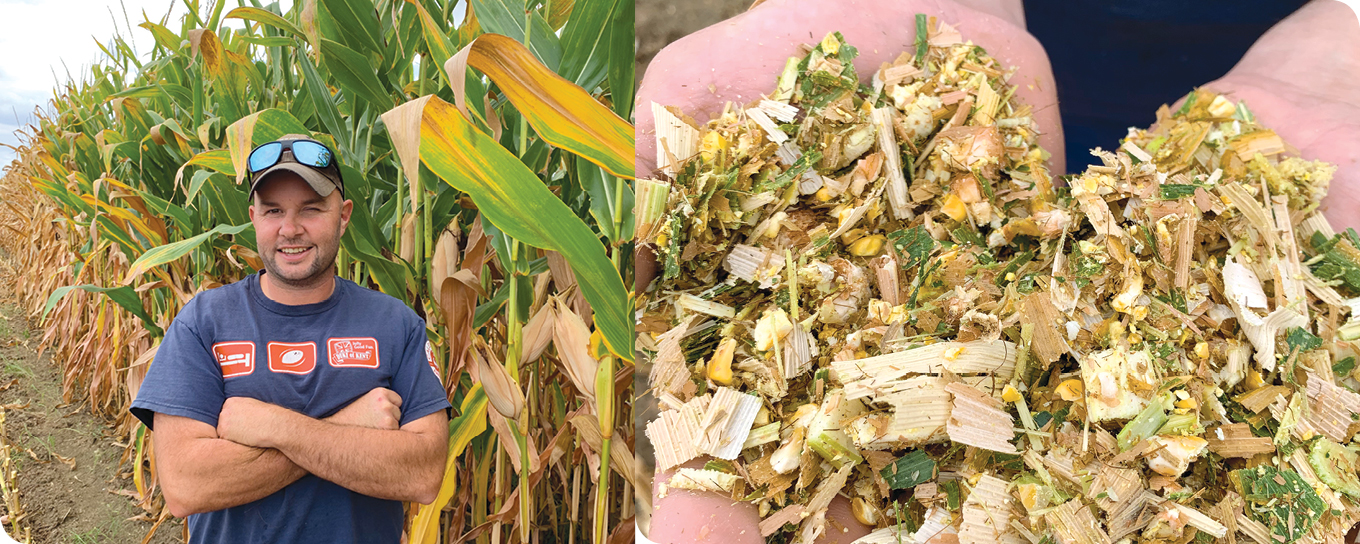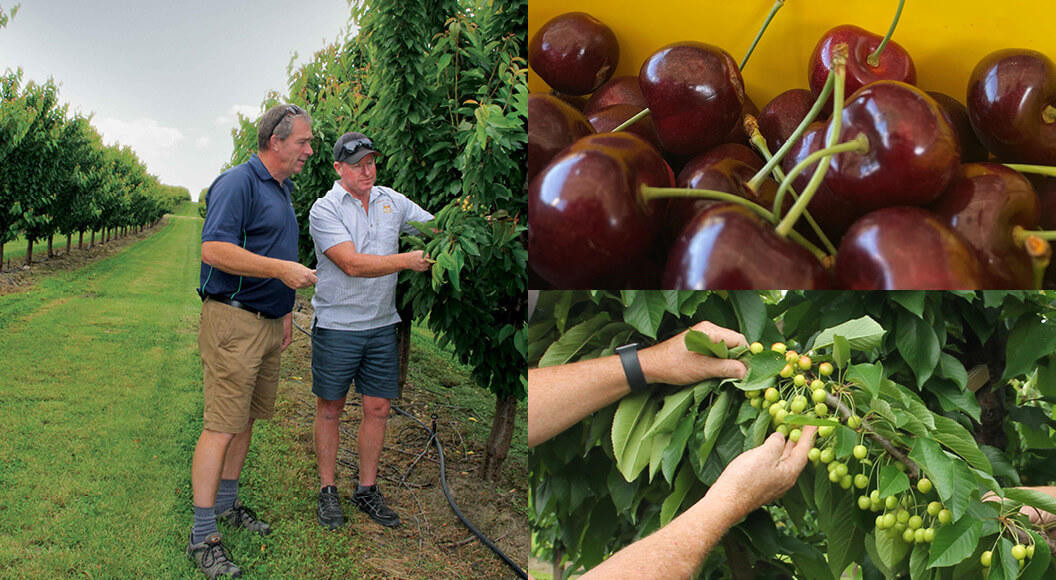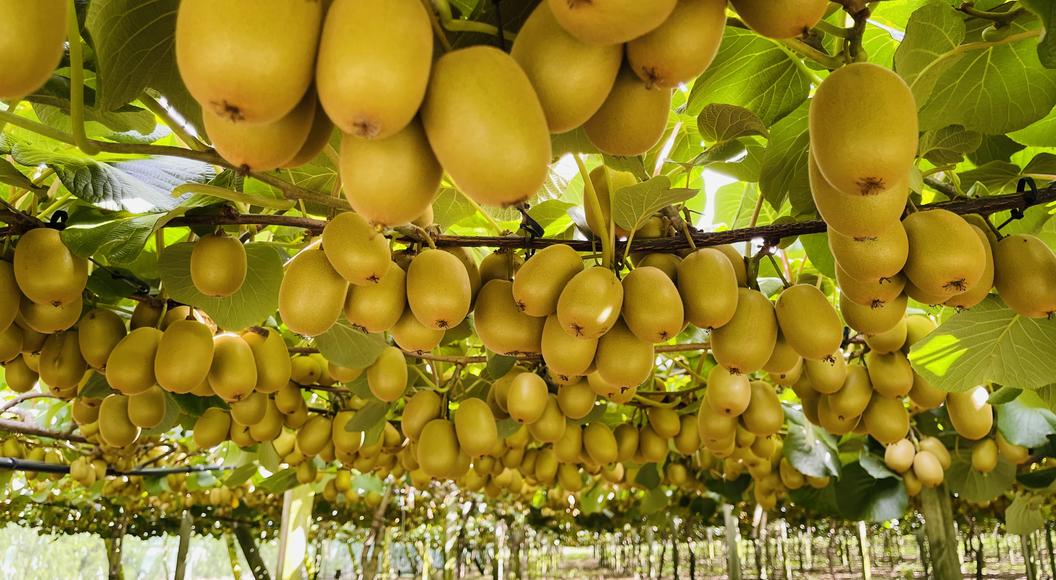
Ordering early for peace-of-mind
For Jeremy Bennett of Benlee Farms Ltd just west of Matamata, maize silage is an essential part of their farming system. Maize silage de-risks their pasture based system providing them with a consistent quantity of feed to support their high stocking rate.
Jeremy and Lucy Bennett in partnership with their parents’ David and Raewyn Bennett, milk 1460 cows on 326 ha (4.5 cows per ha) split between two properties at Richmond Downs, just west of Matamata. The Bennett’s produce around 735,000 kilograms of Milk Solids (kgMS) annually (2,250 kgMS per ha, 500kgMS per cow).
The hilly nature of the farm means that pasture production can be variable, particularly in seasons like the current one. With consistent yields, maize silage provides the security of feed supply needed to underpin the Bennett’s pasture-based production system resulting in consistently high milk production. The Bennetts plant 93 ha of maize, 53 ha of P9400 on farm and 40 ha of P0021 on a runoff near Matamata. Although none of the blocks are weighed, Jeremy budgets on the crops yielding around 20 tDM per ha meaning the cows are fed around 1.3 tDM maize silage per cow.
As the lowest cost complimentary feed available to the cows, maize silage is a critical part of the farm system. It is essential that the 93 ha of maize provides enough feed to fill the feed gaps that nature and a high stocking rate seem to regularly provide. De-risking the maize growing system is critical to the overall farm system. To this end, Jeremy does the following:
- Gets the best advice.
The Bennett’s have had a long-term relationship with the team at PGG Wrightson Matamata and with Pioneer. PGG Wrightson Regional Sales Manager, Mike Lissington and Technical Field Representative, Robbie Corrin work closely with Grant Douglas, Pioneer’s Area Manager to ensure the Bennetts get the best advice around hybrid choice and general agronomics. - Uses shorter maturity hybrids on farm.
Choosing P9400 to grow on farm ensures that although they may sacrifice a little top end yield, ryegrass is replanted in mid-March, ensuring more than enough time for it to establish before winter. - Benefits of Pioneer’s early order programme each autumn.
This means that if anything goes wrong at either planting or harvest, Jeremy has peace of mind knowing that the seed will be replaced and he will get $100 per bag towards his planting costs. - Grows maize across two locations.
Two locations and two soil types further de-risks maize production, particularly in a year like this. While the home farm maize has struggled in the dry, the runoff block has established well, meaning overall there should be similar amounts of maize silage as previous years.
Contact your local PGG Wrightson Technical Field Representative to ensure your order for this spring’s maize is in place.
Supplied by Pioneer Brand Products


